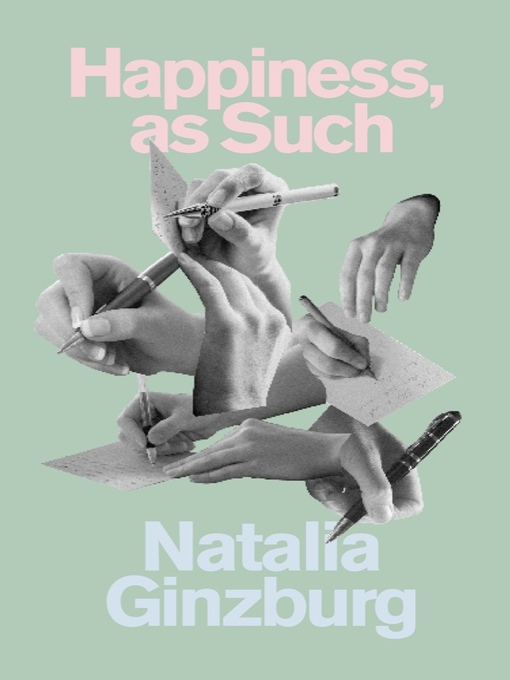The hauntingly beautiful epistolary novel from "a glowing light of modern Italian literature" (New York Times Book Review)
Longlisted for the PEN Translation Award
At the heart of Happiness, as Such is an absence—an abyss that pulls everyone to its brink—created by a family's only son, Michele, who has fled from Italy to England to escape the dangers and threats of his radical political ties. This novel is part epistolary: his mother writes letters to him, nagging him; his sister Angelica writes, missing him; so does Mara, his former lover, telling him about the birth of her son who may be his own. Left to clean up Michele's mess, his family and friends complain, commiserate, tease, and grieve, struggling valiantly with the small and large calamities of their interconnected lives.
Natalia Ginzburg's most beloved book in Italy and one of her finest achievements, Happiness, as Such is an original, wise, raw, comic novel that cuts to the bone.


